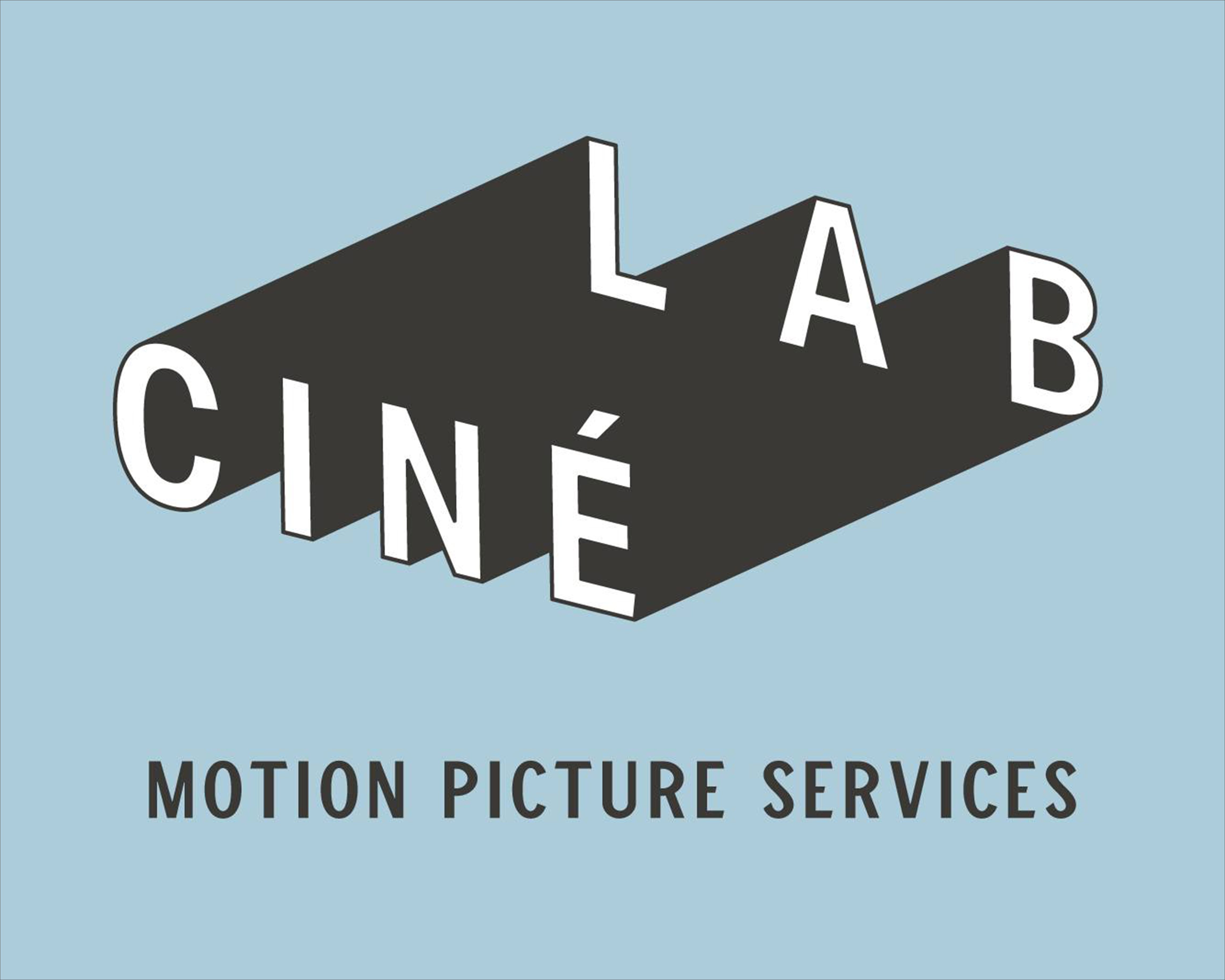Hi I'm a film maker who's just finished his first feature.
When it comes to everything else a director does I think I can do it rather well.
The only thing that concerns me is working with actors.
After coming off the film I did (which by the way was not as fun experience) I was told by people that the performances felt flat and there wasnt continuity between scenes and they're right. e.g: one scene he'd be panicked from having done something then in the next was calmer than he should have been.
As everything was shot completely out of order it was something that got by me.
Certain scenes I felt I was on the ball and I knew what I wanted but others it was as though I was more focusing on the visuals and almost letting the actor get on with it instead of studying them to see how it fit in the grand picture.
Guess it's knocked my confidence a little and I'm thinking maybe I'm no good at that side of things and make bad desicions when directing actors.
As I said the film was a nightmare it was a four week shoot that should have been six with very little money and one of the actors (the one people thought was flat) would not be told what to do even when I did catch him doing somethign I felt was wrong.
I also was brought on board to direct this as the previous guy left and didn't really like the project at all, I felt it wasn't 'me' but couldnt turn down the opportunity.
When I was filming because it was such a nightmare shoot I left the script behind most of the times to work out setups I also got to do no rehearsal time with the actors and pretty much one 'successful' take per setup before being forced to move on.
Some people have said the guy was a bad actor and he should have realised himself from scene to scene he wasn't keeping the continuity up the other actors I worked with were fine it was mainly this one guy but I still feel that was all my fault as I should have seen it.
I also felt that sometimes I didn't trust my own desicions as sometimes I'd think about the desicion later on and realise it was wrong.
What made my idea of the way this should be portrayed the right one?
Is this side of it all down to preparing or casting? I've heard Ridley Scott say if you cast right 90% of your problems are over by that does he mean if you cast right you shouldnt need to babysit your actors they should know this themselves etc. Also in terms of preparing is it normal to make script notes so for instance. if you're shooting out of sequence you make a note on a page mentioning in the previous scene he was very angry and so should be in the this scene, etc. Or is that proof I don't know what I'm doing?
Is it also normal to do various things like try emotional ranges from scene to scene in different takes to safeguard yourself against such eventualities.
I also don't know if this was simply it wasnt my script and I didnt like the project so I couldnt get into the charaters and thus identify what they should be doing from moment to moment but still shouldnt a good director be able to adapt to each film?
I did also feel like I didn't understand the script and wondered if I should have done something like this:
http://actioncutprint.com/filmmaking-articles/filmmakingarticle-03/
I found this perhaps it could have helped me realise what was going on as we were shooting it.
Is there something I can learn to combat this as I used to be a terrible writer, my stories were good but my dialogue was terrible but now it's come along in leaps and bounds so I'm a good learner.
I only wish my abilities to work with actors and to identify good performances matched my abilities with visuals and everything that goes around them.
I just need to know if I have an inherent problem or I just need to prepare much more.
Thanks.
When it comes to everything else a director does I think I can do it rather well.
The only thing that concerns me is working with actors.
After coming off the film I did (which by the way was not as fun experience) I was told by people that the performances felt flat and there wasnt continuity between scenes and they're right. e.g: one scene he'd be panicked from having done something then in the next was calmer than he should have been.
As everything was shot completely out of order it was something that got by me.
Certain scenes I felt I was on the ball and I knew what I wanted but others it was as though I was more focusing on the visuals and almost letting the actor get on with it instead of studying them to see how it fit in the grand picture.
Guess it's knocked my confidence a little and I'm thinking maybe I'm no good at that side of things and make bad desicions when directing actors.
As I said the film was a nightmare it was a four week shoot that should have been six with very little money and one of the actors (the one people thought was flat) would not be told what to do even when I did catch him doing somethign I felt was wrong.
I also was brought on board to direct this as the previous guy left and didn't really like the project at all, I felt it wasn't 'me' but couldnt turn down the opportunity.
When I was filming because it was such a nightmare shoot I left the script behind most of the times to work out setups I also got to do no rehearsal time with the actors and pretty much one 'successful' take per setup before being forced to move on.
Some people have said the guy was a bad actor and he should have realised himself from scene to scene he wasn't keeping the continuity up the other actors I worked with were fine it was mainly this one guy but I still feel that was all my fault as I should have seen it.
I also felt that sometimes I didn't trust my own desicions as sometimes I'd think about the desicion later on and realise it was wrong.
What made my idea of the way this should be portrayed the right one?
Is this side of it all down to preparing or casting? I've heard Ridley Scott say if you cast right 90% of your problems are over by that does he mean if you cast right you shouldnt need to babysit your actors they should know this themselves etc. Also in terms of preparing is it normal to make script notes so for instance. if you're shooting out of sequence you make a note on a page mentioning in the previous scene he was very angry and so should be in the this scene, etc. Or is that proof I don't know what I'm doing?
Is it also normal to do various things like try emotional ranges from scene to scene in different takes to safeguard yourself against such eventualities.
I also don't know if this was simply it wasnt my script and I didnt like the project so I couldnt get into the charaters and thus identify what they should be doing from moment to moment but still shouldnt a good director be able to adapt to each film?
I did also feel like I didn't understand the script and wondered if I should have done something like this:
http://actioncutprint.com/filmmaking-articles/filmmakingarticle-03/
I found this perhaps it could have helped me realise what was going on as we were shooting it.
Is there something I can learn to combat this as I used to be a terrible writer, my stories were good but my dialogue was terrible but now it's come along in leaps and bounds so I'm a good learner.
I only wish my abilities to work with actors and to identify good performances matched my abilities with visuals and everything that goes around them.
I just need to know if I have an inherent problem or I just need to prepare much more.
Thanks.
Last edited:





